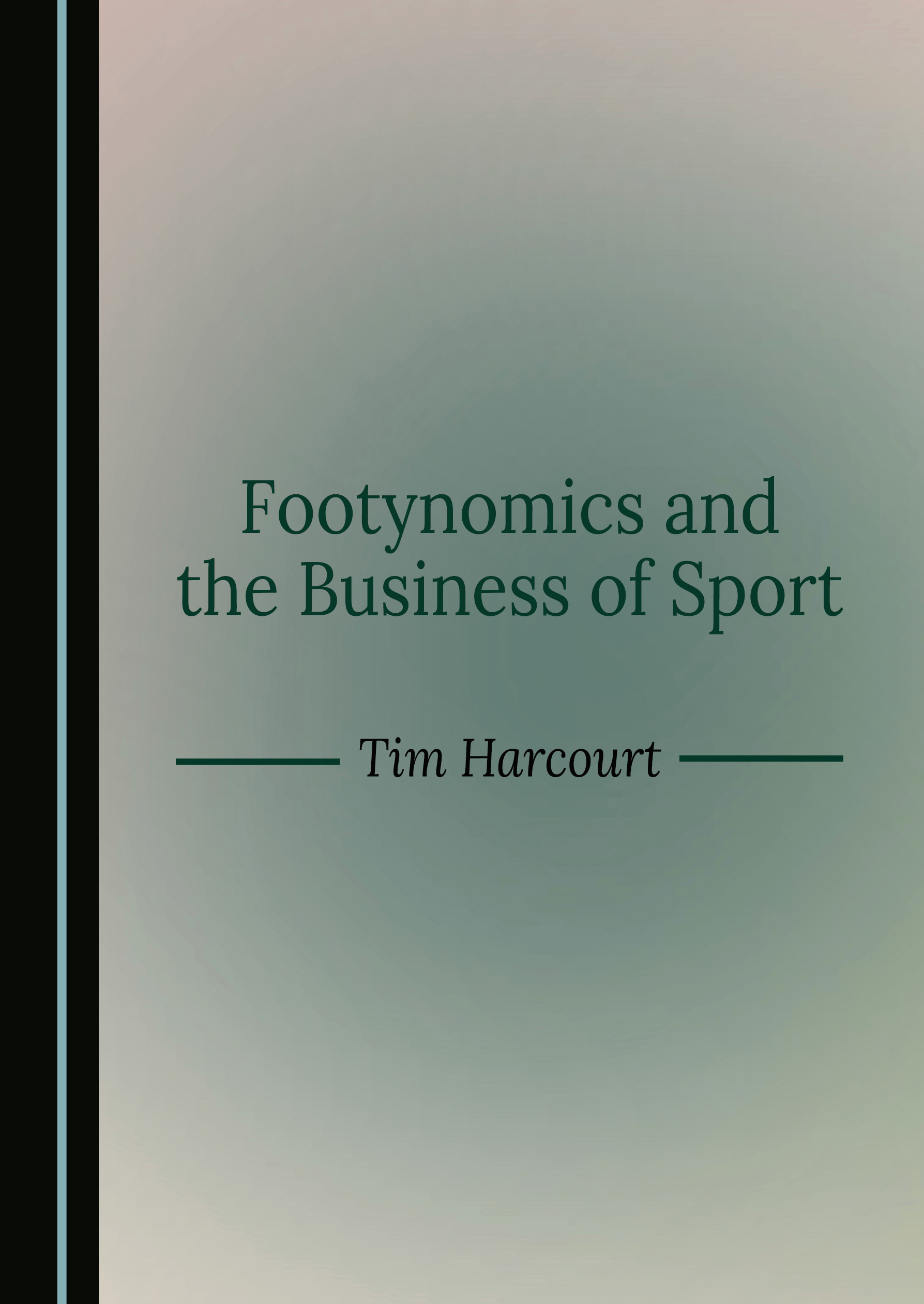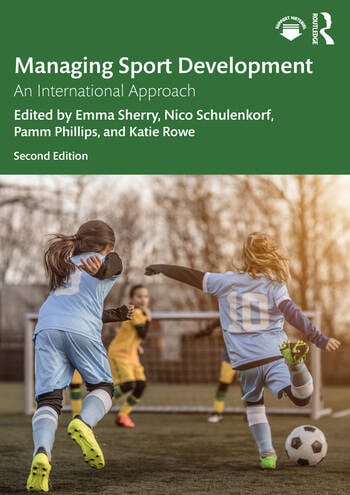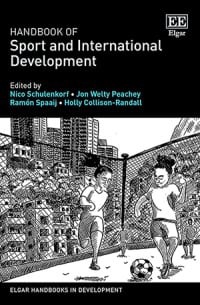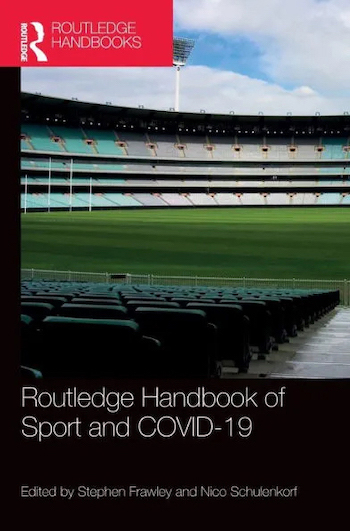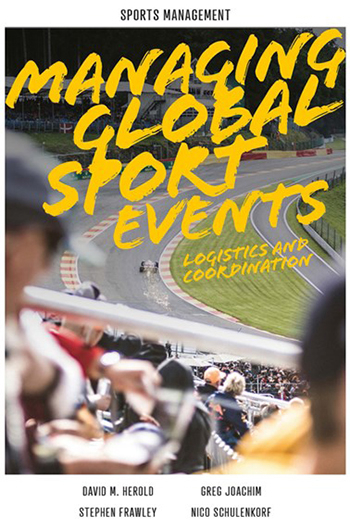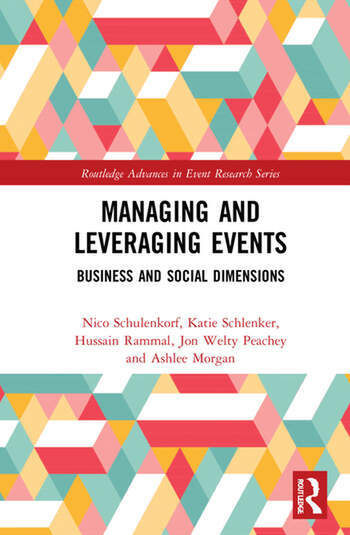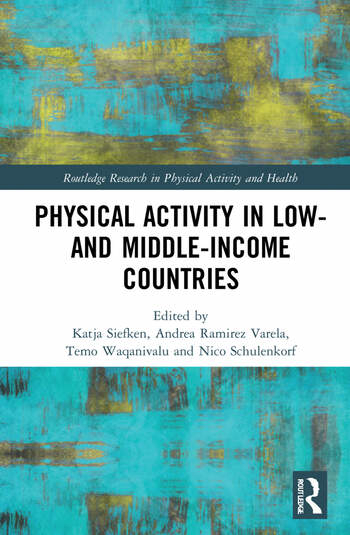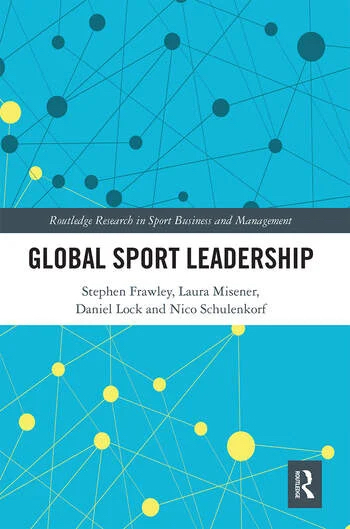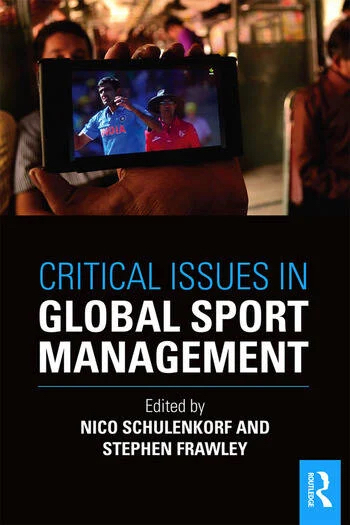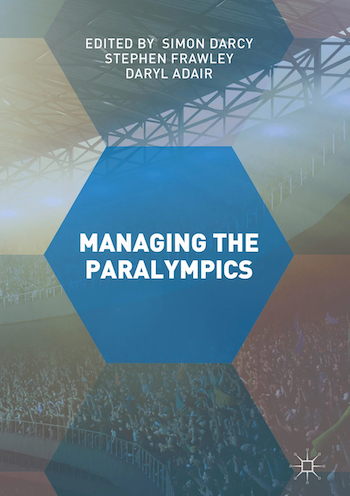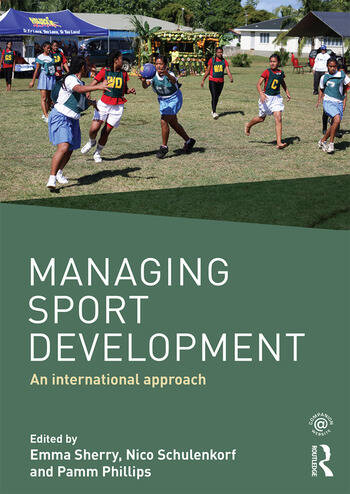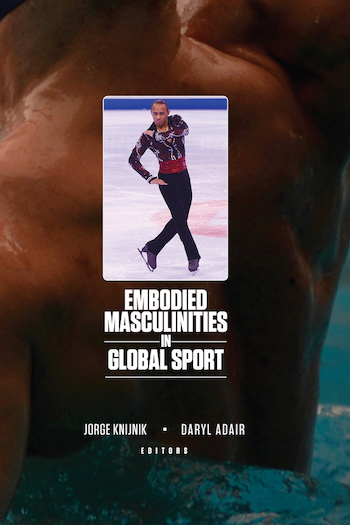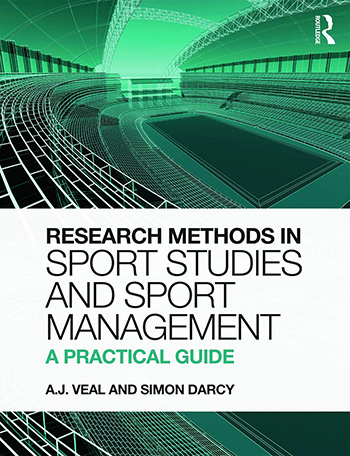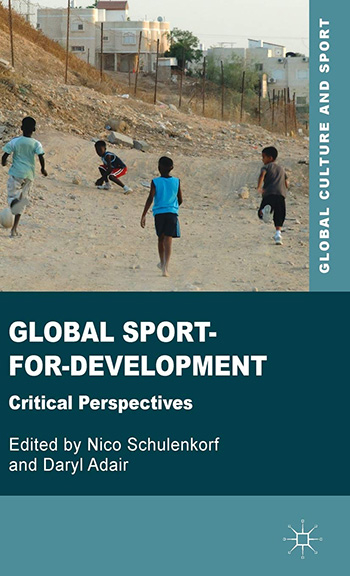Welcome to the research hub of the Centre for Sport, Business and Society at UTS. Here, we embark on a quest to understand and enhance the world of sports through rigorous academic and applied research. Our commitment lies in addressing the critical challenges and seizing opportunities within the sports sector, from grassroots initiatives to global competitions.
By integrating the expertise of UTS Business School and the Institute for Public Policy and Governance, our research not only contributes to academic knowledge but also provides practical, actionable insights for the betterment of sports organisations, participants, and the broader community.
Our research projects
Team Up strategic research partnership on sport-for-development in the Pacific
CSBS has entered a strategic partnership with Team Up to conduct longitudinal studies on the impact of the Australian Government’s investment in sport-for-development in the Pacific region, with a focus on gender equity, social inclusion, and sport partnerships.
- Industry partner (funding body): GHD
- Project duration: 2023 to 2025
Evaluation of female-friendly community sport facilities and lighting upgrades grant program
CSBS is conducting an evaluation of the impact of a grant program intended to increase the participation of women and girls in sport in NSW through the supply of female-friendly facilities. The project will also examine the physical design of facilities for accessibility and environmental sustainability.
- Industry partner (funding body): NSW Office of Sport
- Project duration: 2023 to 2025
Move Now. Move 365: Assessing the impact sport participation can have on young people’s lives in response to new global challenges
CSBS has been producing a series of knowledge products that examine the importance for the next generation to ‘move now’ in response to the impact of the COVID-19 pandemic and new challenges being faced by young people across the globe.
- Industry partner (funding body): International Olympic Committee (IOC) and Allianz
- Project duration: 2023
The Value of Sport Report
CSBS was commissioned to review the economic, social and health impacts of sport and active recreation on a local government area level. The monetised impacts included the reduction in chronic disease, productivity improvements, mental health impacts, impacts on youth crime, and educational impacts amongst others.
- Industry partner (funding body): NSW Office of Sport
- Project duration: 2022

Australian Centre for Olympic Studies (ACOS)
CSBS incorporates the functions of the UTS-based Australian Centre for Olympic Studies (ACOS).
ACOS is an accredited member of an international network of university-based Olympic Studies and Research Centres established by the International Olympic Committee, whose purpose is to undertake and promote teaching, research, publications and conferences that support the goals and impact of the Olympic Movement and Games.
UTS has established a global reputation for Olympic studies through teaching, research and community service. As such, UTS is ideally placed to examine and publicise Olympic studies in their broadest sense: to consider issues relating to the Olympic Games; to research the Paralympic Games and other major sporting events; and to focus on ‘sport for all’ which is advocated by the Olympic movement.
ACOS was launched in 2005 by AOC member Helen Brownlee to provide a national focus for Olympic studies in Australia. At the same ceremony, the Olympic Studies Room in the UTS Library was opened – it provides a large archive of official reports, bid documents, books, photo and video material to Olympic scholars, visiting fellows and PhD students.
Research spotlight on sport for public good
Publications
